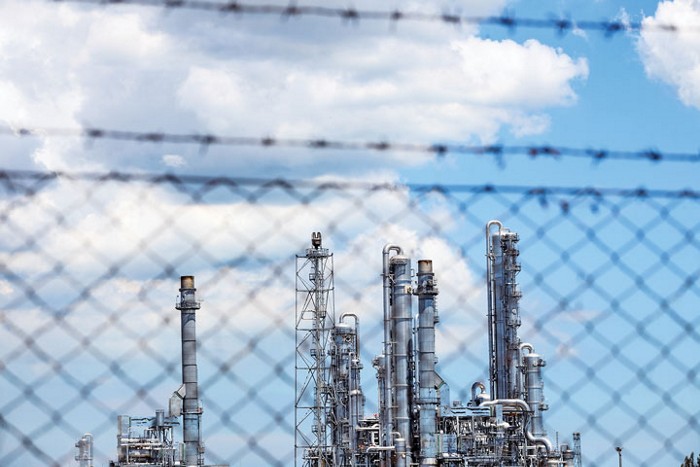Advertisement
Grab your lab coat. Let's get started
Welcome!
Welcome!
Create an account below to get 6 C&EN articles per month, receive newsletters and more - all free.
It seems this is your first time logging in online. Please enter the following information to continue.
As an ACS member you automatically get access to this site. All we need is few more details to create your reading experience.
Not you? Sign in with a different account.
Not you? Sign in with a different account.
ERROR 1
ERROR 1
ERROR 2
ERROR 2
ERROR 2
ERROR 2
ERROR 2
Password and Confirm password must match.
If you have an ACS member number, please enter it here so we can link this account to your membership. (optional)
ERROR 2
ACS values your privacy. By submitting your information, you are gaining access to C&EN and subscribing to our weekly newsletter. We use the information you provide to make your reading experience better, and we will never sell your data to third party members.
Industrial Safety
US chemical plant security law expires in Senate dispute
Reauthorization of CFATS anti-terrorism program is blocked
by Jeff Johnson, special to C&EN
August 16, 2023
| A version of this story appeared in
Volume 101, Issue 27

A 15-year-old US chemical plant anti-terrorism program has expired, caught in a dispute among senators.
The Chemical Facility Anti-Terrorism Standards (CFATS) program requires security and anti-terrorism actions for some 3,200 high-risk industrial facilities that use significant amounts of dangerous chemicals. It calls for oversight by inspectors and auditors from the Department of Homeland Security (DHS).
On July 26, the day before the program was set to expire, Sen. Gary Peters (D-MI) brought the bill (S. 2178) to the Senate floor for a vote. The House of Representatives had already passed a similar bill (HR 4470) by a vote of 409-1. Neither bill would modify the program, but the Senate bill would extend it five years, and the House bill would extend it two years. Speaking on the Senate floor, Peters said he supported the House’s two-year extension and urged a Senate vote.
However, Sen. Rand Paul (R-KY), the minority leader on the Senate Homeland Security and Government Affairs Committee, which Peters chairs, rose to block the bill with a “hold,” which is allowed under Senate rules. He stressed his support for standards to reduce the threat of terrorism but argued that the details should be left to companies that have a “self-incentive to protect their investment.”
Paul said he would support the bill if it got a “duplicate scoring system” to measure whether the bill contained provisions already in other laws. Peters challenged Paul’s approach, saying it would require additional examination by his committee. Meanwhile, Peters said he would push ahead with CFATS reauthorization. The Senate then adjourned, taking no action on the bill.
CFATS requires industrial facilities that make, use, or store specified quantities of any of more than 300 chemicals to assess their risks and submit site-security plans to DHS for review and approval. The facilities must then implement protective measures based on their level of risk.
CFATS has broad support from nearly every chemical company and trade association, including the American Chemistry Council (ACC). “The loss of CFATS,” the ACC says, “creates immediate risks and problems by limiting the ability to vet personnel, increasing exposure to cyber threats, and opening the door to a patchwork of federal and state regulations. Congress must get back to work immediately to reinstate CFATS to help keep our industry and America safe.”
The ACC’s concerns are echoed by the American Federation of Government Employees, which represents DHS inspectors and auditors. In a statement, federation president Everett Kelley calls Paul’s action “astonishingly reckless political brinkmanship” and urges Congress to take immediate action. “Even a single day without chemical plant security standards in place is an unacceptable threat to American communities,” he says.





Join the conversation
Contact the reporter
Submit a Letter to the Editor for publication
Engage with us on Twitter